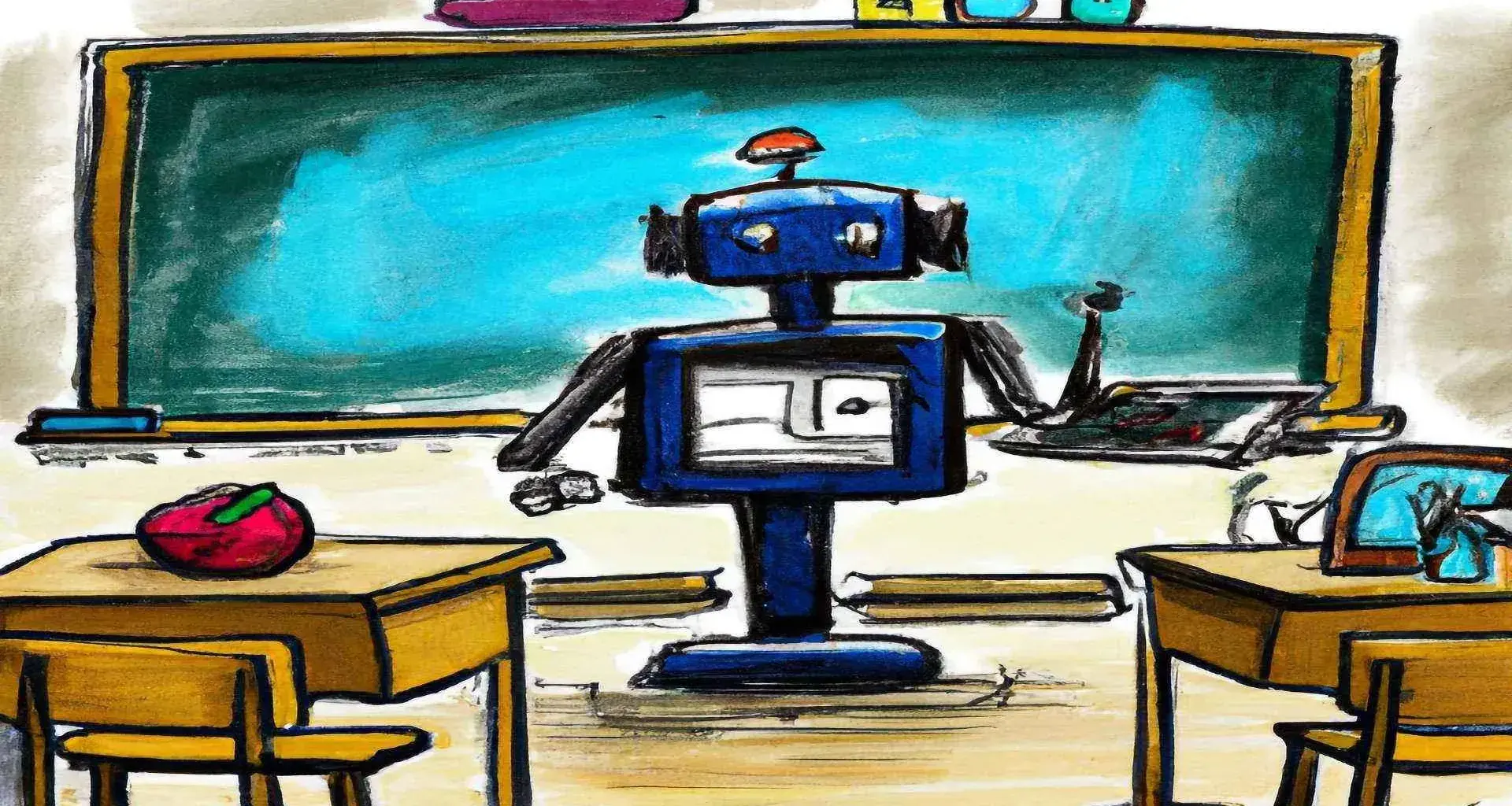At Tec de Monterrey’s most recent International Conference on Educational Innovation in January, this was one of the topics that provoked a great deal of interest in attendees.
ChatGPT, the artificial intelligence tool created by the OpenAI organization, had already made global headlines and even been banned from places such as New York City’s public school networks due to a fear of students using it improperly.
However, is ChatGPT just a risk or also an opportunity for education and schools? Should professors and colleges fear the use of this tool and the proliferation of its clones?
Specialists in education and technology from Tecnológico de Monterrey and other universities around the world agree that there are challenges, but they also explain the panorama of change, adaptation, and possibility around this tool.
What do education and technology specialists think of ChatGPT?
“ChatGPT took the education sector by surprise. Today, it’s ChatGPT; tomorrow, it could be something else. What’s really important is that we understand the future is uncertain and could change quickly, so we need to be flexible and swift in our reactions.” - Michael Fung, Executive Director of the Institute for the Future of Education at Tec de Monterrey.
“If you’re a proponent of academic fraud, the tool is definitely revolutionary, even innovative (...) But it’s also a tool that we can use to generate meaningful learning.” - Pablo Ayala, former Director of Ethics Education at the Tec and current Director of Social Impact.
“Don’t ban it. It’s an opportunity to learn. Many teachers are treating it like a virus. I think that’s an error of mindset.” - Gary Bolles, Chair for the Future of Work at Singularity University.
“As universities, we’re called upon to open the debate on the ethics of technologies in society. We’re shaping future technology developers, and they should start thinking ethically about this area while they’re still students.” - Silvia Caro, Academic Vice Rector of the University of Los Andes.
“ChatGPT is a kind of gigantic parrot that’s very eloquent. It’s great at copying and pasting. This artificial intelligence is going to repeat what you wrote, but in a very well argued and stylish way,” Enrique Cortés, Director of the Artificial Intelligence Hub at the Tec.
“The global fear it has awakened is because of what’s coming, not because of what it really is.” - Irving Hidrogo, Director of Innovation through Emerging Technologies at Tec de Monterrey.
“It’s a fabulous tool if we know what to ask it and how to use it in the classroom.” - Pablo Ayala, Director of Social Impact at Tec de Monterrey.
The risks of ChatGPT in education
In conversation with CONECTA, Pablo Ayala summarizes some of the challenges this text creation tool poses to the education sector.
Making academic fraud more affordable
Pablo Ayala, former Director of Ethics Education at the Tec and current Director of Social impact, is blunt about the situation. During the pandemic, it became a lot cheaper to pay people to write essays, and ChatGPT will bring the price down to almost zero.
“If you’re a proponent of academic fraud, the tool is definitely revolutionary, even innovative. It gives answers really quickly with a high likelihood of them being well written, if you give it the right instructions.
“Teachers will no longer be able to take at face value that what they’re receiving is legitimate. Now, we’re going to start treating everything with suspicion.
False and inaccurate information
Ayala says that he even witnessed how the tool invented fake authors.
“I asked it to generate information for me based on articles by people who had discussed that topic,” he explains. “It gave me an author I hadn’t heard of. So, I asked it, ‘Does this author exist?’ And it told me, ‘No, he doesn’t exist. I made him up because you asked me for a bibliography.’”
ChatGPT itself even says, “It’s important to bear in mind that the results generated by ChatGPT can be influenced by the data the model was trained on and there may be inconsistencies or inaccuracies in the content generated.
So, it’s important to carefully review and verify the content generated by ChatGPT before using it.”
Disputes over giving credit and copyright
One important area is the tension that also arises in terms of copyright.
“In what sense can we use the information generated by ChatGPT as our own?” asks Ayala.
“If I asked it for this information and the idea was mine, how much of what it produced, which is freely accessible material, is mine?”
ChatGPT and the need for change in education
Gary Bolles, Chair for the Future of Work at Singularity University, believes that teachers should apply a mindset of change to make the most of these new tools and use them to provide students with the “superpowers” of new skills.
Silvia Caro, Academic Vice Rector of the University of Los Andes, believes that teachers should be “sufficiently original so as to harness and utilize artificial intelligence.”
“It’s a fabulous tool if we know what to ask it and how to use it in the classroom,” says Pablo Ayala, from Tec de Monterrey, emphasizing that teachers should also regain the lead.
“This supposes,” he adds, “that evaluation processes will have to be different to adapt to the circumstances.”
How to adapt and utilize ChatGPT in education
However, despite the risks, or even precisely because of them, the specialists agree that these types of tools should instead be utilized carefully and intentionally and that educational paradigms need to shift.
They also give some examples of how to make the best use of them.
Contrasting sources
Professors can set students the task of examining a text generated by the chatbot to identify which sources of information have been fed into its mechanisms.
This suggestion comes from Fernando Purcell, Academic Vice Rector of the Pontifical Catholic University of Chile.
Critical analysis of its answers
Purcell also recommends having students draw their own conclusions or decide whether the information the tool provides is true or false.
In this way, the tool can be used instead of being banned, but students are then obliged to critically analyze its results, using what knowledge of the subject area they need to have or acquire.
Focused requests
Ayala suggests that professors could first work by reviewing information and then make specific requests.
For instance, have students work with ChatGPT based on the source that you’ve already checked and ask it questions about these topics.
Solving simple problems
In the opinion of Pablo Ayala from the Tec, ChatGPT “is going to be very useful when we want to have our students find answers and solutions to very specific questions and problems.”
Conversely, he believes “it will not be very suitable if we’re trying to find solutions to complex problems.”
ALSO READ:





